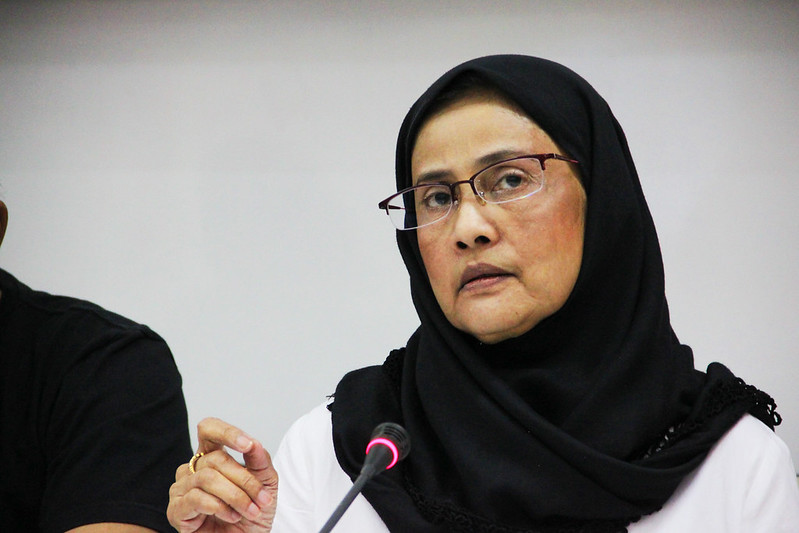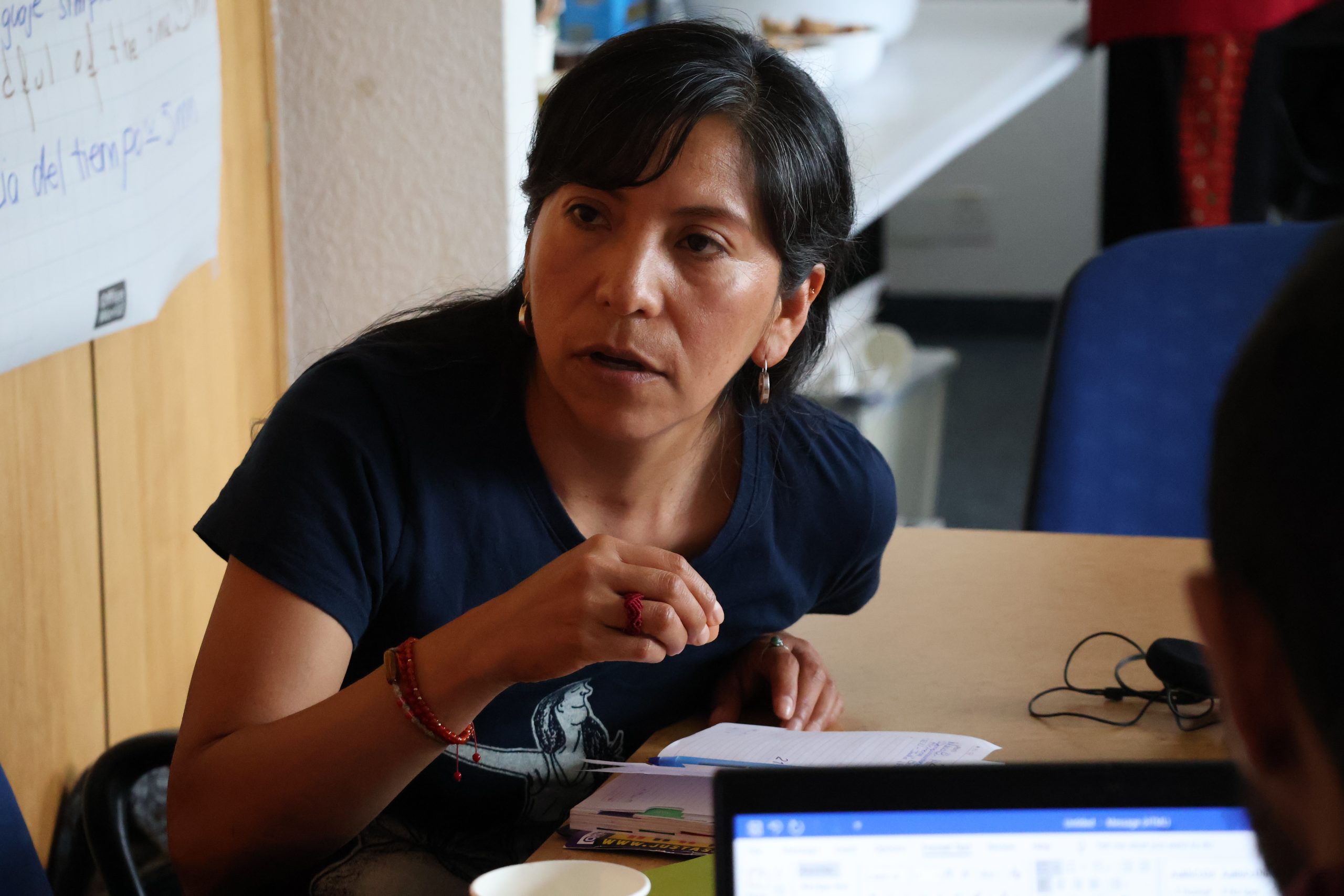
Egypt: Reform unjust vice laws, guarantee open civic space
During Egypt's UPR adoption at HRC59, Nora Noralla delivered a joint statement on behalf of ISHR, Cairo 52 and Middle East Democracy Center. Watch and read the full statement below.
Photo: iLaw TH

In a submission to the UN Human Rights Committee, ISHR highlights Thailand’s failure to comply with the Committee’s recommendations on enforced disappearances and that more must be done to protect relatives and spouses surviving the disappeared.
State parties’ fulfilment of obligations under the International Covenant on Civil and Political Rights (ICCPR) are periodically evaluated by the Human Rights Committee (HRCtee). The HRCtee is expected to assess Thailand’s compliance with recommendations the HRCtee prioritised during its most recent review of Thailand in 2017.
To feed into the review, ISHR filed an assessment of actions taken by Thailand to implement the HRCtee’s recommendations on enforced disappearances. The submission focuses on Thailand’s violations of the rights of Angkhana Neelapaijit regarding the disappearance of her husband Somchai Neelapaijit in 2004, a lawyer and human rights defender who publicly spoke out against the State’s treatment of Malay-Muslims in the Southern Provinces.
In Thailand, most victims of enforced disappearances are male, which means the on-going impact of the disappearance disproportionately falls on women spouses and relatives who survive them. Spouses like Angkhana are left to carry the burdens of seeking justice, caring and providing financially for their families in a discriminatory society where their employment options are limited.
ISHR’s submission argues that Thailand’s actions regarding the disappearance of Somchai Neelapaijit illustrate the way the State violated Angkhana’s rights under the ICCPR and failed to comply with the HRCtee’s recommendations to:
(a) Ensure that cases are reported and that prompt, impartial and thorough investigations are carried out into all allegations and complaints concerning the unlawful and excessive use of force by law enforcement officials and the military, including torture, enforced disappearances and extrajudicial killings, including in the context of the southern border provinces. It should also ensure that perpetrators are prosecuted and, if convicted, punished with appropriate sanctions;
(b) Provide the truth about the circumstances of those crimes and, in cases of enforced disappearances, clarify the fate or whereabouts of the victims and ensure that their relatives are informed about the progress and the results of investigations; and
(c) Ensure that the victims are provided with full reparation, including satisfaction and guarantees of non-repetition.
Despite Angkhana’s sustained efforts, no perpetrators have been held to account and she has not been provided with the truth or adequate reparation for her husband’s enforced disappearance. Since the HRCtee’s review in 2017, the State has failed to protect Angkhana Neelapaijit and her family from threats, harassment, smear campaigns and increased isolation from their community.
ISHR’s submission underscores that, in order to fulfill the HRCtee’s recommendations on enforced disappearances, Thailand must:
‘This follow-up review represents a key opportunity for the HRCtee to recognise Thailand’s lack of compliance with its recommendation on enforced disappearances,’ said Tess McEvoy, ISHR’s Legal Counsel and Programme Manager.
In 2018, ISHR and the International Commission of Jurists filed an individual communication to the Committee on the Elimination of Discrimination Against Women (CEDAW) on Ankghana’s behalf. ‘Our communication highlighted the impact of enforced disappearances on the relatives of the disappeared. ISHR is committed to pushing for the recognition of the gendered impact of enforced disappearances in Thailand,’ said Pooja Patel, ISHR’s Programme Director on women human rights defenders.

During Egypt's UPR adoption at HRC59, Nora Noralla delivered a joint statement on behalf of ISHR, Cairo 52 and Middle East Democracy Center. Watch and read the full statement below.

At the Human Rights Council, Belgium delivered a statement on behalf of over 60 States that 'pays tribute to the numerous achievements and meaningful progress made by women and girls human rights defenders, and emphasises the continued need for their voices to be heard and supported'.

The 59th session of the UN Human Rights Council (16 June to 9 July 2025) will consider issues including civil society space, climate change, sexual orientation and gender identity, violence and discrimination against women and girls, poverty, peaceful assembly and association, and freedom of expression, among others. It will also present an opportunity to address grave human rights situations including in Afghanistan, Belarus, China, Eritrea, Israel and oPt, Sudan, Syria and Venezuela, among many others. Here’s an overview of some of the key issues on the agenda.